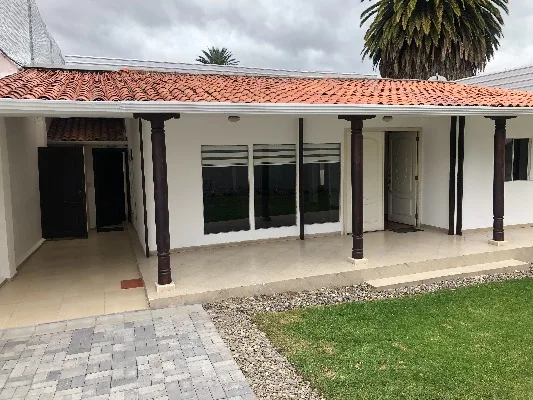Financier of pollution suit against Chevron tells New York judge he regrets his involvement, says he suspects fraud
By Christie Smythe
One of the financiers of an environmental lawsuit that led to a $19 billion verdict against Chevron Corp. in Ecuador told a judge that he came to regret funding the case once after learning that it may be a fraud.
Burford Capital LLC Chief Executive Officer Christopher Bogart told a Manhattan federal judge yesterday that his firm, which he described as the world’s largest dedicated litigation financing provider, supplied $4 million to the Ecuadorean plaintiffs and later sold the share when it became “deeply concerned about the mounting evidence of fraud and misconduct.”
Chevron alleges in the non-jury trial before U.S. District Judge Lewis Kaplan that a Manhattan lawyer, Steven Donziger, and others involved in the pollution case engaged in a“racketeering enterprise” and won the 2011 verdict through coercion, manufactured evidence and bribery of the Ecuadorean judge who wrote it. The company is seeking a ruling preventing the plaintiffs from trying to enforce the verdict in courts around the world. Burford reached an agreement with Chevron to provide testimony after being described in the lawsuit as a party involved in the scheme, Bogart said yesterday.
Donziger contends he did nothing unlawful in Ecuador and that Chevron engaged in similar tactics. Kaplan said in a ruling last week there’s “considerable evidence” the pollution case was “tainted by fraud.”
In a portion of testimony filed with the judge, Bogart said“we simply do not countenance in any way the kind of behavior this court has already found has occurred” and “we never would have invested” in the case if they were aware of the allegedly fraudulent activities.
Burford is a U.S. unit of Croydon, U.K.-based Burford Capital Ltd. (BUR), which has more than $300 million in capital, according to Bogart’s testimony. The firm negotiated with U.S. law firm Patton Boggs LLP, which also represented plaintiffs in the Ecuador case, to provide as much as $15 million in financing, Bogart said. Following an initial investment of $4 million in November 2010, Burford sold its share in 2011 to another investor and provided no further funding, he said.
By the end of January 2011, “I think we had probably reached the point in the investment by which we would have been happier not to have made it,” he said in court yesterday. “But we had made it.”
In the underlying 20-year-old environmental case, Donziger and other lawyers for indigenous people in Ecuador’s Lago Agrio region sought damages for Texaco Inc.’s alleged dumping of toxic drilling wastes from 1964 until about 1992 that polluted about 1,500 square miles (3,885 square kilometers). The lawsuit continued against Chevron when it acquired Texaco in 2001.
Chevron contends that state-owned Petroecuador, a former Texaco partner, is responsible for most of the pollution and that the U.S. company already cleaned up its share of the site under agreements with Ecuador in the 1990s.
In its February 2011 complaint, San Ramon, California-based Chevron contended that advocates for the Ecuadoreans, guided by Donziger,“sought to inflict maximum damage to Chevron’s reputation.”
“That’s what Steven Donziger was trying to do against Chevron — coerce a big payday against a big company until the pain went away,” Randy Mastro, a lawyer for the oil company, said in court Oct. 15. Donziger stands to collect as much as $1.2 billion if the judgment is paid in full, he said.
The company alleged that the team pressured environmental consultants and helped draft a report that inflated damages to $27 billion.
A former expert for the plaintiffs, David Russell, testified yesterday that he provided a $6.114 billion damages estimate based “largely on assumptions Donziger told me to use.”
“Within a year of working for Donziger, I came to learn that my cost estimate was wildly inaccurate and had no scientific data to back it up,” he said in written testimony submitted to the judge.
Russell said he asked Donziger not to use the figure after learning it was cited in the plaintiffs’ publicity campaign and in a letter to the U.S. Securities and Exchange Commission. Donziger ignored the request and continued to use the number, Russell said.
Donziger alleged in counterclaims that Chevron manipulated testing at the pollution site, tried to influence Ecuador’s government and unfairly attacked his reputation. Kaplan dismissed Donziger’s countersuit in July, saying he didn’t present strong enough evidence.
Credit: Bloomberg News, www.bloomberg.com/news; Photo caption: A pool of oil contaminated water near an old drilling site in Ecuador’s Oriente.





















